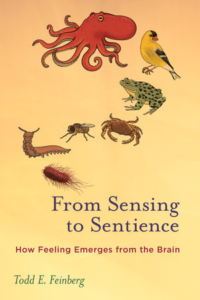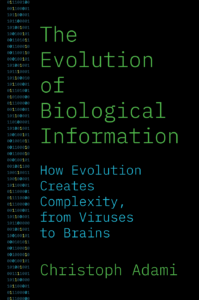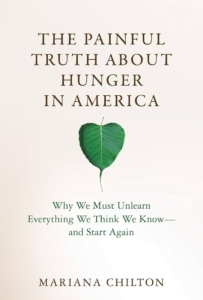“From Sensing to Sentience: How Feeling Emerges from the Brain” with Professor Todd Feinberg
Sentience is the feeling aspect of consciousness, encompassing the capacity to experience sensations such as pain, pleasure, and emotions. It is the foundation of subjective experience, distinguishing beings that can feel from those that merely process information or react reflexively. Sentience is a crucial component of consciousness. A key question in studying sentience is how it emerges—whether it arises from complex neural processes, a particular form of computation, or something more fundamental. In his book “From Sensing to Sentience: How Feeling Emerges from the Brain”, Professor Todd Feinberg introduces “Neurobiological Emergentism (NBE)”, a theory explaining how sentience naturally arises as an emergent property of brain functions. Emergent properties are features of a system that do not exist in its individual parts but arise through their interactions. Integrating biological, neurobiological, evolutionary, and philosophical perspectives, Feinberg argues that sentience emerges as a “system-level property” of complex neural interactions. In this episode of Bridging the Gaps, I speak with Professor Todd Feinbergy.
Dr. Todd Feinberg is a board certified neurologist and psychiatrist and Clinical Professor of Psychiatry at the Icahn School Medicine at Mount Sinai in New York City.
We begin by exploring the basic sensory abilities of single-celled organisms, examining how they react to their environment and survive. We then trace the evolution of multicellular organisms, discussing that when they developed into more complex systems, there is a broader substrate for sensing. A key focus is how sensory abilities laid the foundation for the evolution of advanced neurobiological systems, ultimately leading to sentience. We discuss in detail how simple sensory functions in early life forms gradually evolved into the rich experiences of animals with complex nervous systems.
A central idea in the book is that “sentience emerges” as a property of complex neural systems. This perspective helps bridge the gap between neuroscience and philosophy, providing a natural explanation for how subjective experiences arise from the brain. We explore this argument in depth. Overall, this discussion provides valuable insights into the origins of sentience and its role in the evolution of consciousness.
Complement this discussion with “Sentience: The Invention of Consciousness” with Professor Nicholas Humphrey and then listen to “The Network of Life: A New View of Evolution” with Professor David Mindell




Connect With Us